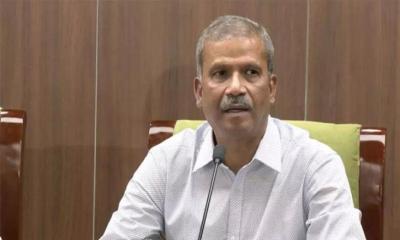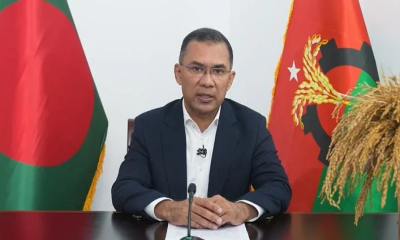The High Court is nearly set for mandatory death reference hearing on a trial court verdict that handed down death penalty to 19 people for masterminding and executing the August 21, 2004 grenade attack, Attorney General AM Amin Uddin said.
Talking to BSS, the country’s top law officer said the concerned death reference bench of the High Court by now went through some 3,000 pages of the lower court’s paper book containing the case details.
“We expect after only a day’s of hearing the reading of rest of the pages will be completed to prepare the case for death reference hearing,” the attorney general said.
“I think it may take 10 to 12 hearing dates for the bench to dispose of the case,” Amin Uddin said adding that he believed the High Court review could be concluded within October this year.
A Dhaka court on October 10, 2018, sentenced to death 19 people, including former state minister for home Lutfuzzaman Babar, and awarded life imprisonment to another 19, including BNP acting chairman Tarique Rahman, in the murder case.
Judge Shahed Nuruddin of Dhaka`s Speedy Trial Tribunal at that time also sentenced 11 others to different prison terms while his judgment contained a 12-point observation on the background, motive and consequences of the attack.
According to the trial court verdict incumbent Prime Minister and the then opposition leader Sheikh Hasina was the main attack target though she narrowly escaped the death, sustaining hearing impairment.
The attack on the Awami League rally in front of the party central office at Bangabandhu Avenue killed 24 people including party’s women wing chief and subsequent Bangladesh President Zillur Rahman’s wife Ivy Rahman and wounded some 500 others.
The verdict was referred to the High Court for mandatory legal review, called death reference hearing, since the case involved death sentences while the convicts as well filed appeals against the judgment.
The attorney general said the ailment of the senior judge of the two-member High Court bench partly delayed the case’s hearing but expected that once the bench resumed its hearing, “it will not take much time”.
“We (attorney general’s office) have gone through the whole judgment, which appeared an appropriate one. We would plea for upholding the lower court judgment after scrutinising the law points thoroughly,” he said.
According to the attorney general’s office, the process for hearing the death reference and convicts appeal began on December 5, 2022 at the bench comprising Justice Shahidul Karim and Justice Md Mostafizur Rahman as designated by Chief Justice Hasan Foez Siddique.
Amin Uddin said the issue actually involves two cases; one is on murders and another under Explosives Substances Act, while both are very important as “the plotters had tried to destroy our democratic system through that unprecedented attack".
The other major death penalty convicts are the then junior minister Abdus Salam Pintu, his brother militant HuJI-B leader Mawlana Tajuddin, intelligence officials former major general Rezzakul Haider Chowdhury, former brigadier general Abdur Rahim.
The rest of the convicts who received the capital punishment are militants Mowlana Sheikh Abdus Salam, Abdul Mazed Bhat, Abdul Malek, Shawkat Osman, Mohibullah, Abu Sayeed, Abul Kalam Azad, Jahangir Alam, Hafez Abu Taher, Hossain Ahammed Tamim, Moin Uddin Sheikh, Rafikul Islam and Mohammad Uzzal and transport operator Mohamamd Hanif.
Other than Rahman, the political figures who were handed down life imprisonments are - ex-premier Khaleda Zia`s the then political adviser Haris Chowdhury and former BNP lawmaker Qazi Shah Mofazzal Hossain Kaikobad.
Militants Shahadat Ullah alias Jewel, Abdur Rouf, Sabbir Ahmed, Arif Hasan, Hafez Yahia, Abu Bokor, Ariful Islam, Mohibul Muttakin, Anisul Mursalin, Mohammad Khalil, Jahangir Alam Badar, Mohammad Iqbal, Liton, Shafikur Rahman, Abdul Hai and Ratul Ahmed Babu were sentenced to different jail terms.
Assailants carried out the attack with military hardware "Arges” grenades on the rally, which Awami League convened to mobilise public campaign against terrorism.
Two separate cases, one for murder and another under Explosives Substances Act were filed on August 22, 2004, and the police on June 9, 2008 filed the charge sheet and the court indicted the accused on 29 September, 2008.
Police’s Criminal Investigation Department (CID) on 2 July 2011 submitted a supplementary charge sheet before the court which framed charges afresh after taking into cognizance the new charge sheet on 18 March, 2012.
The lower court on 27 November, 2018, sent 37,385 page case documents including the judgement to the High Court for subsequent legal procedures and the High Court on 13 January, 2019.
The higher court also accepted the convicts’ appeals for analogous hearing.


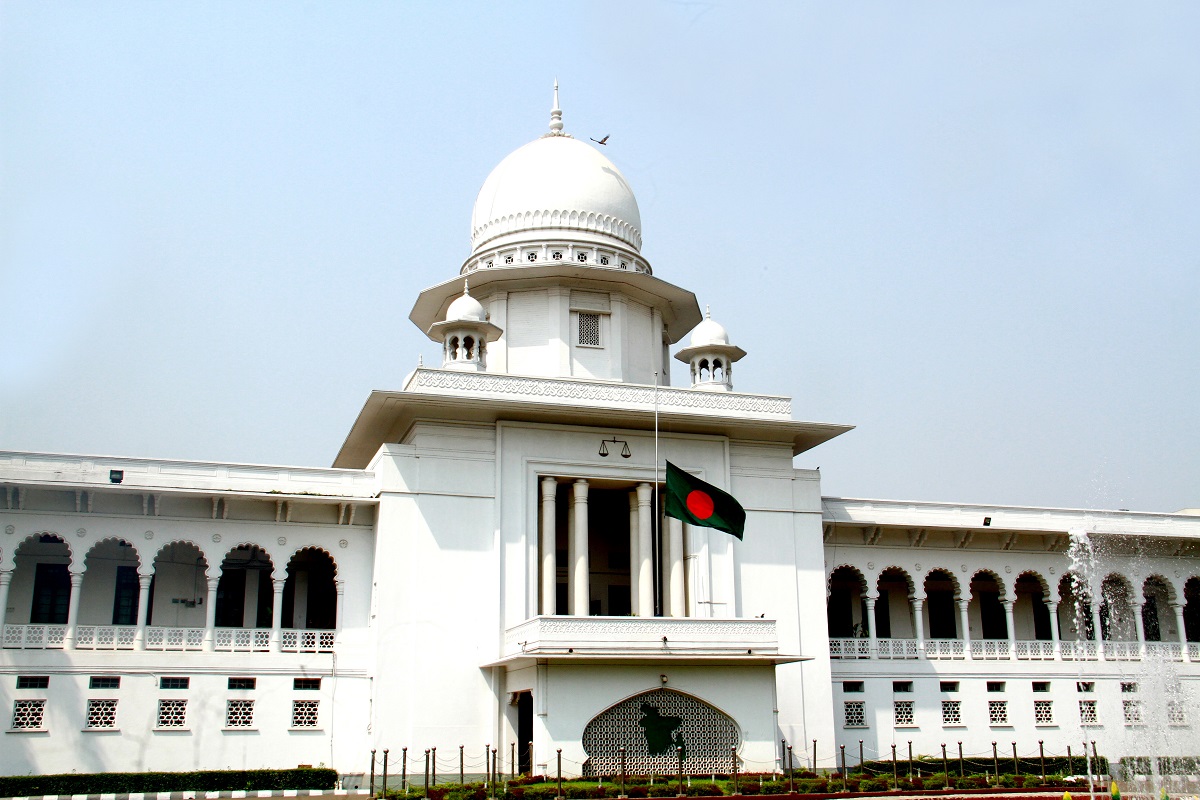

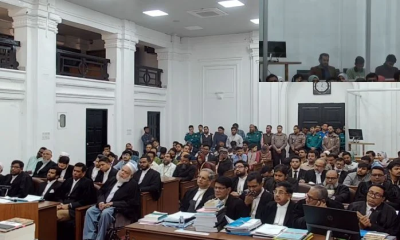
-20260121062240.jpg)

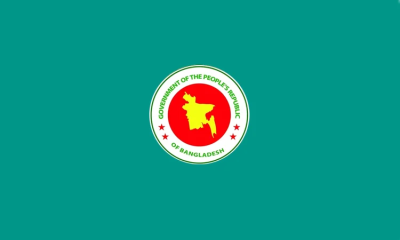
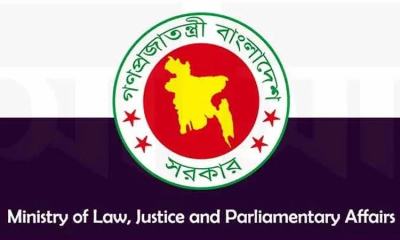

-20260216115008.webp)







-20260216055149.webp)





